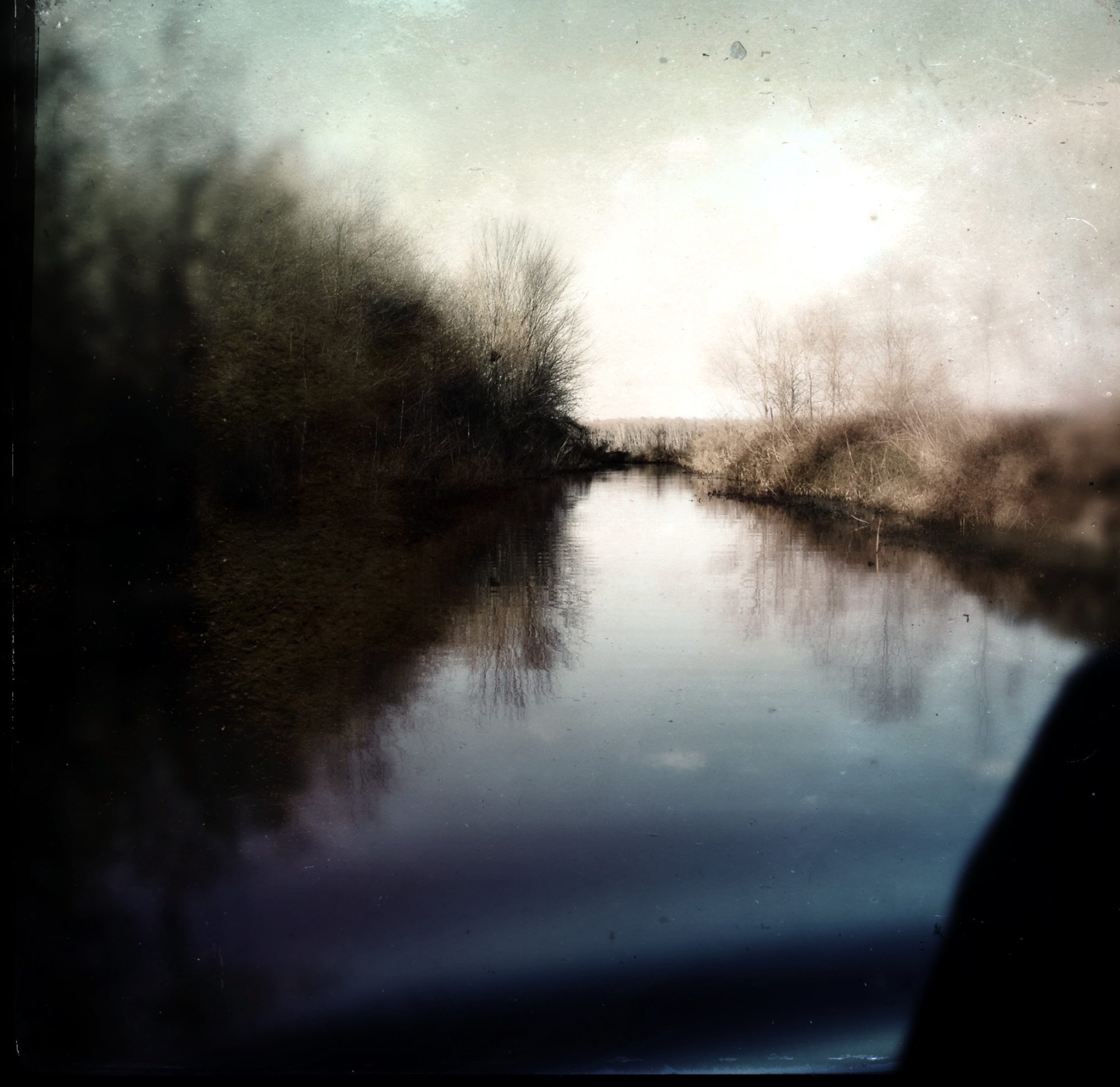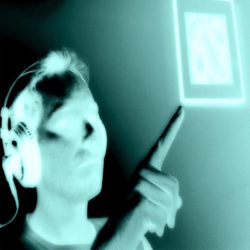In this episode of the Head The Gong Podcast, I “rant out my ass” about how our inherent negativity bias is being amplified by internet algorithms to distort our sense of what is happening in this wild wild world.
[From a recent exchange on Reddit]:
My main point, however, was intended to be this: that negativity bias (amplified by the algorithms) will distort our perception of how bad things are, regardless of how bad they actually are. Even if these really are the worst of times, it’s well worth reflecting on how our perception and felt sense of “how things are” are formed and constituted. It’s not a simple matter of being informed, and/or choosing to be a steely-eyed realist. Whenever I hear someone describe the “state of the world” solely in terms of the most dire and the most existentially threatening aspects, I worry that their reality filter is calibrated in a way that is both objectively inaccurate (in that it discounts the good stuff) and self-sabotaging (in that it undermines mental health).
I’m 51, and I’m well aware of all of the terrible things that are unfolding on our planet, just as I am well aware of all the terrible things happening (and that have happened, and that will happen) in my own personal life. Whether or not civilization is headed toward collapse in the next thirty years, I can say with confidence that I am personally headed that way. Even in the worst of circumstances, however, we should guard against defining “the actual state of reality” by merely summing up all the most terrible things. This is the very definition of negativity bias. Our brains are likely tuned by evolution to highlight that which is threatening and scary. News/social media algorithms can, in my opinion, amplify this tendency in a way that further distorts our perception of “what is happening in the world.” That distortion is important to guard against even (and perhaps especially) in the midst of a global pandemic, a climate crisis, or the death-throes of civilization. So, yeah, we’re all fucked, from a certain perspective. But there’s way, way more to “the actual state of the world” than what’s fucked-up about it. Clearly perceiving this can make the difference between being realistic and being depressed. Distortion (as well as distraction, which is another potential mode of digital media consumption) prevents clear perception.
I suppose that, like all of you, I’m just trying to justify my own sense of reality. I’m a mental health professional who works with kids in an underserved community, and I see clearly the suffering that comes with poverty, abuse, and trauma. And yet, I love my job, and it mostly consists of wonderful interactions with amazing kids. The kids themselves, even those in the worst of circumstances, are far more resilient and joyful than one might think, despite the very real challenges that need to be addressed every day. In my own life, I was diagnosed with blood cancer right at the start of the pandemic, which of course is worrisome, but aside from the initial shock, it hasn’t stopped me from being happy and loving life almost all of the time. When I lost my Dad and younger brother several years ago, I never fell into despair, nor did I following romantic heartbreaks, and I’m not falling into despair over anything I see happening on the news either. I donate a fair amount of money. I vote for the change I want to see in my community and in society. I help when and where I can. I pay attention to the shit-storm to the extent that it fuels direct actions that are within my control, then I get back to enjoying life. I’m extremely fortunate to have the life and mindset that I have, I know. But I guard and cultivate my attention like the quality of my life depends on it, because it does. Awareness of negativity bias and cognitive distortions has helped me tremendously in this regard. I hope it can benefit all of you as well.

